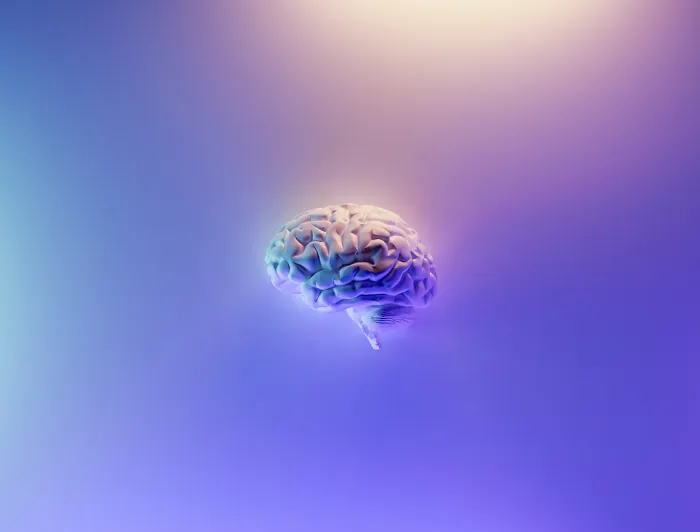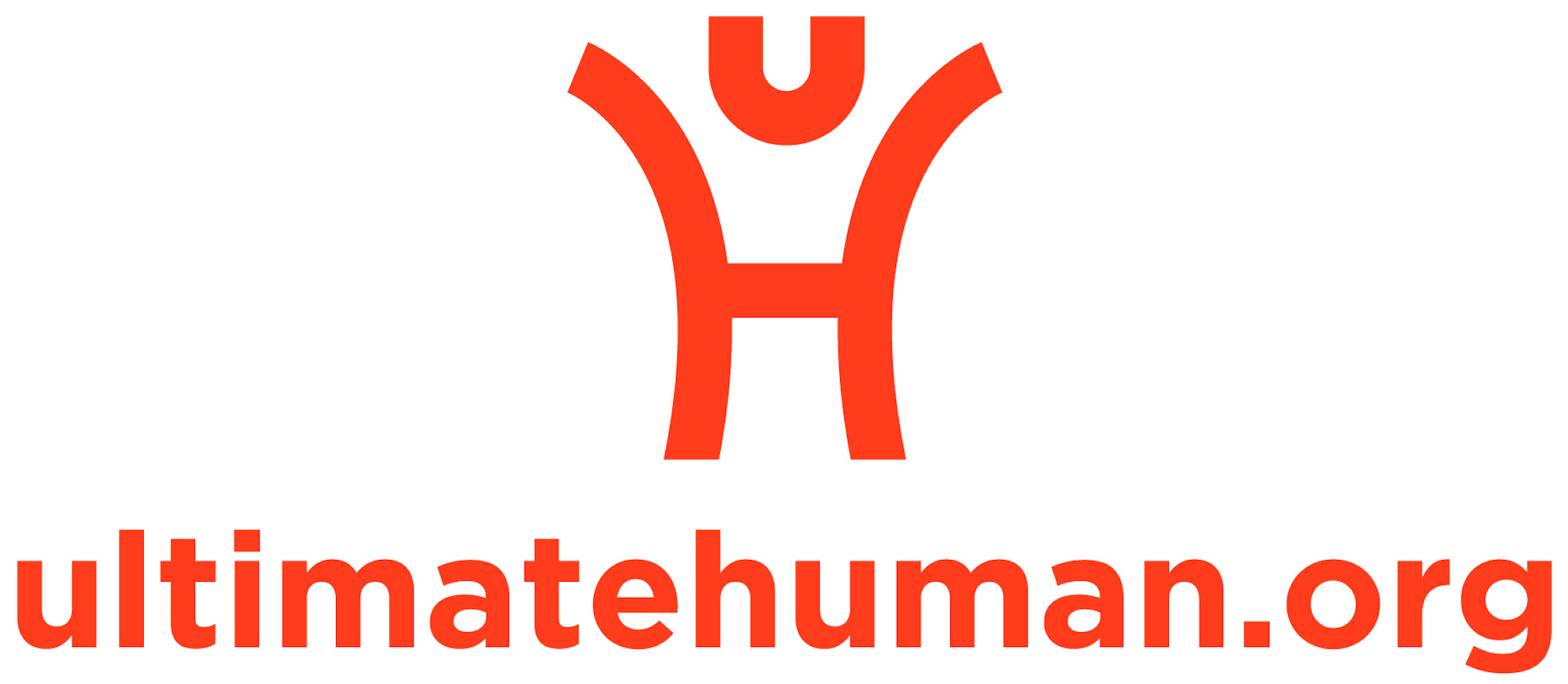6 Easy Ways to Biohack Your Brain & Slow Brain Aging

-
What is Brain Health?
-
1. Exercise
-
2. Eat Brain-Friendly Foods and Supplements
- Fish, Seafood, and Fish Oil
- Berries
- Dark Chocolate
-
3. Do Intermittent Fasting
-
4. Practice Gratitude
-
5. Practice Writing with Your Non-Dominant Hand
-
6. Listen to Music
-
Conclusion
Written by: Isabela Malatrasi
The phrase "biohacking your brain" might make you think of something like a movie scene out of The Matrix... with a bunch of wires hooked up to your head...
But in practice, it's actually much simpler and easier than you might think.
According to specialists, it could just be about making a few basic changes to your lifestyle.
We'll share some of them below... but first...
What is Brain Health?
The US Centers for Disease Control and Prevention (CDC) defines brain health as:
"An ability to perform all the mental processes of cognition, including the ability to learn and judge, use language, and remember."
The brain is connected to every other bodily system...
So, it's vital to take care of this organ if you want to reverse brain aging and avoid mental problems.
However, most people don’t think about working out the brain like they do the rest of their body.
It's easy to see results right away while working on your arms, legs, chest, or abs...
But progress when boosting your brain's wellbeing might seem more subtle.
With that said... biohacking your brain could boost your cognitive performance, prevent memory loss, and fight neurodegenerative disorders like Alzheimer's Disease, dementia, and Parkinson's Disease.
So, let's talk about 6 easy biohacking tips for better brain health:
1. Exercise
If you want to slow brain aging... get moving.
Any type of exercise for even just 10 minutes a day — from walking to yoga to weight lifting — may have a positive impact on your brain health.
According to research... aerobic training is good for a part of the brain called the hippocampus, which is responsible for memory function.
The hippocampus tends to shrink in late adulthood. One study shows that aerobic exercise increases the size of the anterior hippocampus... leading to improvements in spatial memory.
Regular exercises may also may help our vascular health.
Exercise expands blood vessels... which could help keep our brain healthy by boosting our mood and getting more oxygen and nutrients to the brain.
2. Eat Brain-Friendly Foods and Supplements
Proper nutrition may help keep your brain sharp and avoid mental health issues.
There are many types of foods & supplements that could improve brain health. Let's look at 3 of them more in-depth now:
Fish, Seafood, and Fish Oil
Neuroscientist Dr. Kristen Willeumier, wrote a book called “Biohack Your Brain” which talks about eating 2 servings of oily fish or seafood each week to get more omega-3 fatty acids.
Some seafood and fish oil contains the omega-3s, eicosapentaenoic acid (EPA) and docosahexaenoic acid (DHA)...
And one study shows fatty acids like these are important for brain function and heart health:
“Evidence indicates that low intake of omega-3s increases the risk for numerous mental health issues, including Attention Deficit Hyperactivity Disorder (ADHD), autism, bipolar disorder, depression, and suicidal ideation."
Note: Omega-3s have also been studied as a potential way to prevent Alzheimer's Disease.
Berries
Berries may be helpful to improve memory and reduce the risk of neurodegenerative disease.
Blueberries especially are rich in antioxidants, which are one of the foundational nutrients to protect your brain health.
Researchers showed that high levels of antioxidants protect cells from damage by harmful free radicals.
Another study from Harvard revealed that increased consumption of blueberries and strawberries was associated with a slower rate of memory decline in older women.
According to the research, consistently eating cup of blueberries or strawberries twice a week, over the long-term, could help slow brain aging by 2 and 1/2 years.
Dark Chocolate
Dark chocolate is loaded with flavonoids, which it has shown to help improve memory and cognition.
Some research supports that having 35 grams of 70% cocoa dark chocolate daily can offer brain benefits for healthy people.
-
Some other "honorable mentions" of brain-friendly nutrients include: Leafy greens, turmeric, nuts, whole grains, and pumpkin seeds.
3. Do Intermittent Fasting
This type of fasting involves routine switching between periods of eating and fasting each day or week.
The fasting involves refraining from eating food or calories... and those who chose to dry fast don't even drink water during the fasting windows.
The most common daily method is the 16/8: Fasting for 16 hours and leaving the other 8 hour window for eating.
According to clinical study, intermittent fasting may have benefits for mood disorders, brain related diseases, and other things like:
Allowing the body to recycle damaged cells by turning on a process called autophagy, which helps detoxify the brain
Improving memory function
Reducing inflammation: Studies show that high inflammation is linked to brain disorders such as Bipolar disorder, schizophrenia, and Alzheimer's Disease
Fighting high blood sugar
Increasing the ability of the neurons create new connections
Even if you don’t have any mental disorders... practicing intermittent fasting 2 or 3 times a week could help to boost your mood, focus, and productivity.
4. Practice Gratitude
Gratitude comes from the Latin word Gratus, meaning "pleasing" or "thankful."
This positive, powerful emotion invokes a feeling of appreciation... and it's associated with happiness, positive emotion, and optimism.
When you are feeling optimistic, the stress hormone, cortisol, decreases... and the brain produces serotonin, which is a neurotransmitter responsible for creating a feeling of well being and happiness.
Here's some ways to practice gratitude:
Journaling: Write down something you are grateful every day in your journal
Take a walk while appreciating what you have in life
Write weekly a thank-you letter expressing your gratitude to someone in your life
Take 10 minutes of your morning to be mindful and open your mind to receive positive things during your day
There's also research showing that practicing gratitude may have an effect on mental health and wellbeing... with improvements on stress levels and depression. However, more studies need to be done in this area.
5. Practice Writing with Your Non-Dominant Hand
Writing with your non-dominant hand 5 minutes a day could be an easy way to biohack your brain health.
This strange technique could help make neuronal connections stronger and even help create new ones.
Those types of connections are important for preventing aging and degenerative disease.
Also, it could increase creativity... because when you use your non-dominant hand... both hemispheres in your brain activate, instead of just one.
6. Listen to Music
Some research shows music — especially classical music — may have benefits for your brain and wellbeing.
It could:
Improve memory and cognition
Boost creativity
Reduce anxiety and stress
A recent AARP survey also shows that active musical engagement was associated with higher rates of happiness and good cognitive function, including for those over age 50.
Conclusion
Our brain could be our most important asset in life.
Without a healthy, functioning noggin... we're bound to experience a lot of challenges.
That's why it's important to "biohack your brain" so that you can stay ahead of potential problems and aging.
These 6 tips are a good start, but there are even more ways to take care of your head, like getting good quality sleep and avoiding too much alcohol consumption.
What's your favorite way to stay sharp? Let us know when you subscribe below:
---
At UltimateHuman.Org, we talk about what you need to look, feel, and be your best self.
For more on the latest in biohacking, anti-aging, longevity, and health... Join the community by clicking below 👇
-
What is Brain Health?
-
1. Exercise
-
2. Eat Brain-Friendly Foods and Supplements
- Fish, Seafood, and Fish Oil
- Berries
- Dark Chocolate
-
3. Do Intermittent Fasting
-
4. Practice Gratitude
-
5. Practice Writing with Your Non-Dominant Hand
-
6. Listen to Music
-
Conclusion

